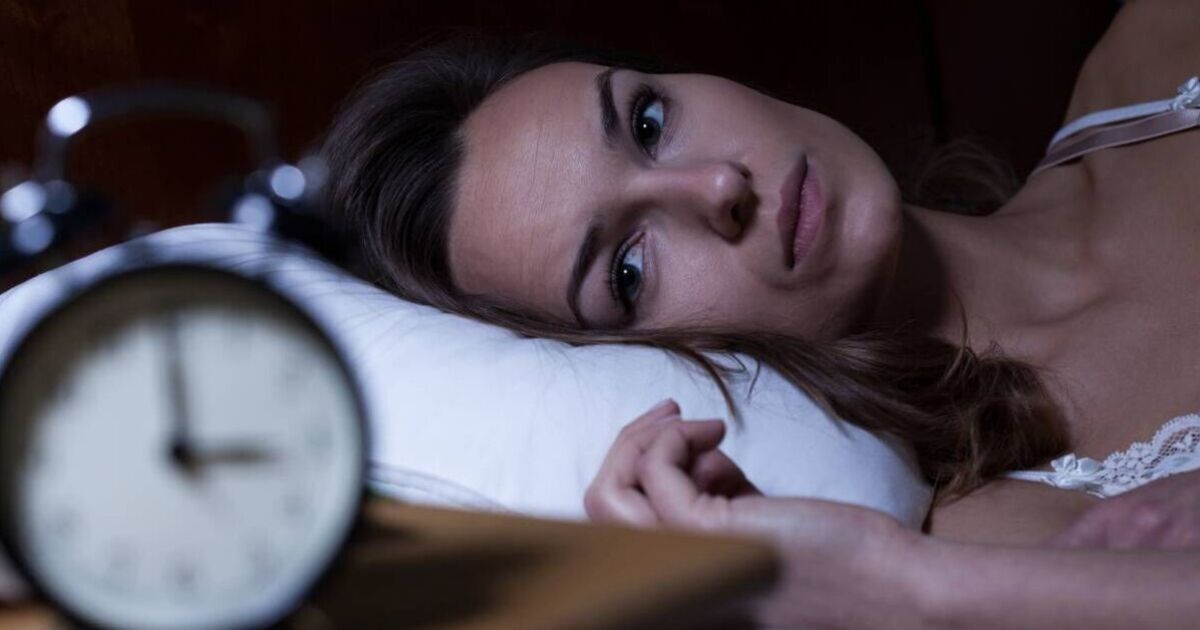A significant study of British people’s sleeping patterns has revealed that over half of individuals who have difficulty falling asleep at the right time, or who spend hours in bed longer than usual, are at an increased risk of developing type 2 diabetes.
The research, conducted by university scientists in Manchester and Boston, analysed years of sleep pattern data provided by 84,421 participants to the UK Biobank. The results, published in the Diabetes Care journal, indicated that those with irregular sleep were 59 per cent more likely to develop diabetes.
It is estimated that around 4 million people in the UK live with this condition, which can have severe health implications if left undiagnosed and untreated. The researchers found that the greater the deviation from individuals’ average sleep patterns, the higher their likelihood of developing type 2 diabetes.
The study showed that participants whose sleep varied between 31 and 45 minutes from their average had a 15 per cent increased risk. Meanwhile, those whose sleep regularly fluctuated by over an hour saw their risk of type 2 diabetes rise by more than a third (34%).
Those who struggled to maintain their sleep pattern within 90 minutes of their norm were most at risk. The majority (59%) of these individuals ended up with the condition following a medical examination seven and a half years after the initial study, reports Gloucestershire Live.
Speaking to Medical News Today, Neurologist Sudha Tallavajhula, MD, shed light on how sleep disorders interfere with hormone production, including insulin, stating: “In both clinical and research goals, we see that sleep disorders change hormonal pathways. During sleep, the whole endocrine axis, that is the pathway that encompasses all hormonal function, undergoes a cyclical change.
“Hormones that are not required during sleep, because of low activity, for example, insulin and steroids are usually reduced. Their levels rise in the mornings, to meet demand for activity. Impaired sleep contributes to poor utilisation of glucose and fat.”
The link between sleep patterns and the heightened risk of obesity or type 2 diabetes appears to be reciprocal – unhealthy body mass indicators and pre-diabetic condition can also lost you some precious sleep.
As Dr Tallavajhula remarked: “The relationship is multifactorial and goes both ways, meaning that sleep disorders can increase the risk of diabetes and obesity. These two conditions can also contribute to sleep disorders.”
So, for those who find themselves robbed of a good night’s sleep and exhibiting typical signs of type 2 diabetes such as constant tiredness or frequent urination, it would be wise to seek help from your GP. They can offer a diagnosis, if necessary, as well as provide invaluable advice to steady your errant sleep cycle.








